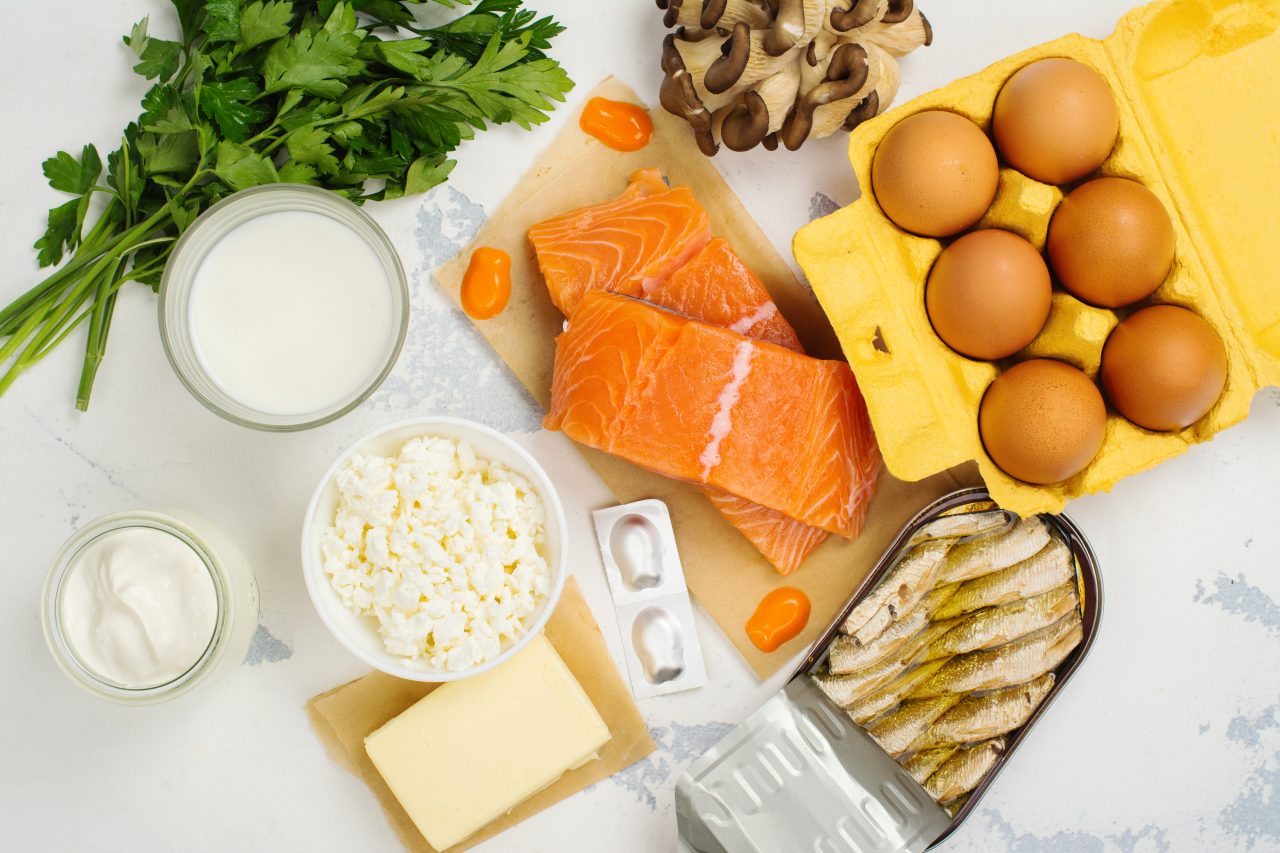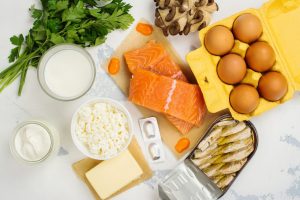Bone health, exercise and vitamin D


Parents and Children: Time to go play outside.
Listen up parents—orthopaedic doctors are seeing the return of rickets. Rickets is a softening or weakening of bones in children caused by extreme deficiency of vitamin D. Rickets is a disease that was primarily seen in the late 1800s, and while it isn’t rampant right now by any means, it’s unsettling to see the condition at all because we know the cause and how to treat it. Rickets was more or less eradicated in the U.S. and U.K. by the 1940s.
So why the resurgence? We get our vitamin D primarily from the sun and from vitamin D enriched foods (like milk), and kids aren’t getting outside like they used to. That’s especially true for children who live in the city, or in children who don’t drink much milk (such as in vegan diets).
Vitamin D deficiency is also seen in adults, especially as you age or if your skin is darker. In adults, vitamin D deficiency can cause a condition called osteomalacia. (If you don’t know your own vitamin D status, your primary care doctor should be able to tell you through your blood work).
It might be hard to imagine that doctor’s orders for bone health include fresh air and sunshine, but let’s cover the 101 of bone health, so you understand why it matters –
- Your body has to have vitamin D in order for calcium to do its job and strengthen bones. Very few foods naturally have vitamin D, so you need to eat vitamin D rich foods (fortified milk and fatty fish are some of the best) or get enough sun exposure for your body to make it itself.
- Your body responds to the stress of exercise by building bone mass.
You can see where I’m going with this: it’s important to go outside and get moving. Hampton Roads has plenty of outdoor activities, and it’s geographically well positioned to support appropriate levels of vitamin D even in the winter months. (If you live north of San Francisco or Philadelphia, the odds you get enough vitamin D decrease.) Just don’t forget the sunscreen! UV light also can cause skin cancer, so many doctors recommend making sure you get enough vitamin D from supplements as well. Current recommendations are for about 600 IU/day for a normal adult, and here are how some foods break down:

- 3 oz. salmon: 800 IU
- 8 oz. fortified milk:100 IU
- 8 oz. fortified orange juice: 100 IU
Resource: Web MD Vitamin D
Here are a few ideas for leveraging the great outdoors to get the exercise and vitamin D you need for bone health –
For an experience: SUP (stand-up paddleboarding)
I enjoy surfing, but if that’s not your speed, consider renting a stand-up paddleboard. Rudee’s Inlet is a great spot for a beginner because the water is still. You can also go out on your own on the Elizabeth River at Great Bridge Locks Park in Chesapeake, or the Lafayette River via the boat ramp near Colonial Place in Norfolk.
Paddling is great resistance for building bone, and it’s a great test of balance that builds core strength. (If you do fall off, hey, it’s just water.)
If you’re not familiar with SUP, it could be intimidating, but consider that the father of modern SUP, John Zapotocky, paddled into his 90s. More on his story here: photo source
For minimal impact: Swimming + weight-bearing
If you have osteoarthritis of the knee, if you already have some bone loss, or if you generally experience pain in high-impact exercise like running, consider swimming. Swimming will get you outdoors, but keep in mind that it’s not weight bearing. Supplement it with strength training, dancing or even gardening.
For the newly active: Start with walking
If you don’t know where to begin, start with walking (briskly). Find an activity like the upcoming East Coast Surfing Championship in Virginia Beach, where you can walk the boardwalk and back. When there’s a lot to see and do, you may find you forget you’re exercising.
Now that you’re exercising and getting your vitamin D, there’s one last ingredient for bone health: calcium. It’s likely you get enough calcium through your diet, but women should take a calcium supplement, especially once they reach perimenopause.
Enjoy the last few weeks of summer ahead, Hampton Roads. There are great experiences you can have that keep you healthy and active.
To learn more about Dr. Nicolai Baecher, click here.










